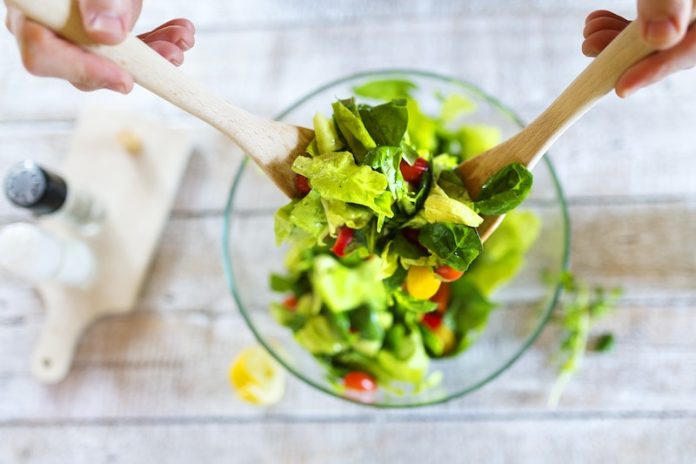
Volumetrics – A Highly Recommended Diet Plan
The Volumetrics diet has consistently been listed as a top recommendation in U.S. News & World Report’s annual diet rankings.
This year, the diet is ranked in the top 10 in various categories, including best overall, best for weight loss, easiest to follow, best for healthy eating, best for diabetes, best heart-healthy, and best family-friendly, among others.
Developed by Barbara Rolls, a Nutrition professor at Penn State, the Volumetrics plan promotes eating low calorie-density foods, enabling people to eat satisfying volumes of food without consuming excess calories.
Volumetrics principles have been published across three books and many scientific papers.
In 2023, these principles will also be conveyed through a six-part webinar series by Penn State Extension titled “The Volumetrics Weigh of Life: Weight Management Plan”.
No Quick Fixes, Only Sustainable Eating Habits
Professor Rolls emphasizes that Volumetrics isn’t about quick fixes or miracle diets. Instead, the program is designed to help individuals maintain a healthy weight over their lifetime.
“Fundamentally, it is not a competition of which diet is the best. It is about understanding why we eat what we eat and why we overeat.
You need to find an eating plan that you enjoy and that you can sustain for life-long health,” says Rolls.
Water-Rich Foods and the Magic of Low Calorie Density
Research has shown that people tend to eat a similar volume of food every day or two.
Therefore, Volumetrics encourages the inclusion of water-rich foods like vegetables, fruits, and broth-based soups, which are high in volume but low in calories. This approach allows people to feel satisfied without consuming excess calories.
Tweaking Ingredients for Better Health
The Volumetrics plan also emphasizes the importance of daily food choices.
For instance, switching from high-calorie drinks to low-calorie alternatives, or using low-calorie condiments such as spicy mustard instead of mayonnaise on sandwiches.
However, Rolls stresses that the Volumetrics plan is not about restrictions or giving up favorite foods. It’s about modifying foods to maintain taste while reducing unneeded calories.
“We have shown in many experiments that you can cut down on the fat and sugar and enhance the flavor with herbs and spices,” Rolls added.
In conclusion, the Volumetrics plan offers a scientifically grounded approach to eating healthier, emphasizing sustainable changes and a better understanding of our eating behaviors.
If you care about diabetes, please read studies about the key cause of type 2 diabetes, and this eating habit could help reduce the risk of type 2 diabetes.
For more information about nutrition, please see recent studies about unhealthy plant-based diets linked to metabolic syndrome, and results showing ultrasound may help reverse type 2 diabetes.
Follow us on Twitter for more articles about this topic.
Copyright © 2023 Knowridge Science Report. All rights reserved.



